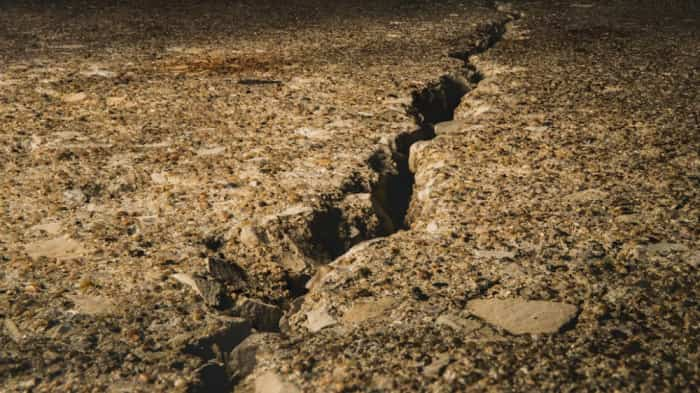Uranus' unusual properties due to ancient giant icy impact
A research team led by Professor Shigeru Ida from the Earth-Life Science Institute (ELSI) at Tokyo Institute of Technology in Japan has now explained how Uranus` unusual set of properties came to be.

Early in the history of our solar system, Uranus was struck by a small icy planet -- roughly 1-3 times the mass of the Earth -- which tipped the young planet over, and left behind unusual properties in its moons and ring system, says a study.
The ice giant Uranus` unusual attributes have long puzzled scientists. All of the planets in our solar system revolve around the Sun in the same direction and in the same plane, which astronomers believe is a vestige of how our solar system formed from a spinning disc of gas and dust.
Most of the planets in our solar system also rotate in the same direction, with their poles orientated perpendicular to the plane the planets revolve in.
However, uniquely among all the planets, Uranus` is tilted over about 98 degrees.
Uranus also has a ring system, like Saturn`s, and a slew of 27 moons which orbit the planet around its equator, so they too are tipped over.
A research team led by Professor Shigeru Ida from the Earth-Life Science Institute (ELSI) at Tokyo Institute of Technology in Japan has now explained how Uranus` unusual set of properties came to be.
Their findings, published in the journal Nature Astronomy, suggest that Uranus` strange axis of rotation and the unusual properties of its moons and ring system are likely due to an ancient giant icy impact.
The team came to this conclusion while they were constructing a novel computer simulation of moon formation around icy planets.
"This model is the first to explain the configuration of Uranus` moon system, and it may help explain the configurations of other icy planets in our Solar System such as Neptune," Professor Ida explained.
Watch Zee Business live TV below:
"Beyond this, astronomers have now discovered thousands of planets around other stars, so-called exoplanets, and observations suggest that many of the newly discovered planets known as super-Earths in exoplanetary systems may consist largely of water ice and this model can also be applied to these planets," Ida said.
Get Latest Business News, Stock Market Updates and Videos; Check your tax outgo through Income Tax Calculator and save money through our Personal Finance coverage. Check Business Breaking News Live on Zee Business Twitter and Facebook. Subscribe on YouTube.
RECOMMENDED STORIES
04:17 PM IST











 'Ultra-hot giant planet where it "rains" iron observed'
'Ultra-hot giant planet where it "rains" iron observed' Black hole 660 million times as massive as Sun
Black hole 660 million times as massive as Sun